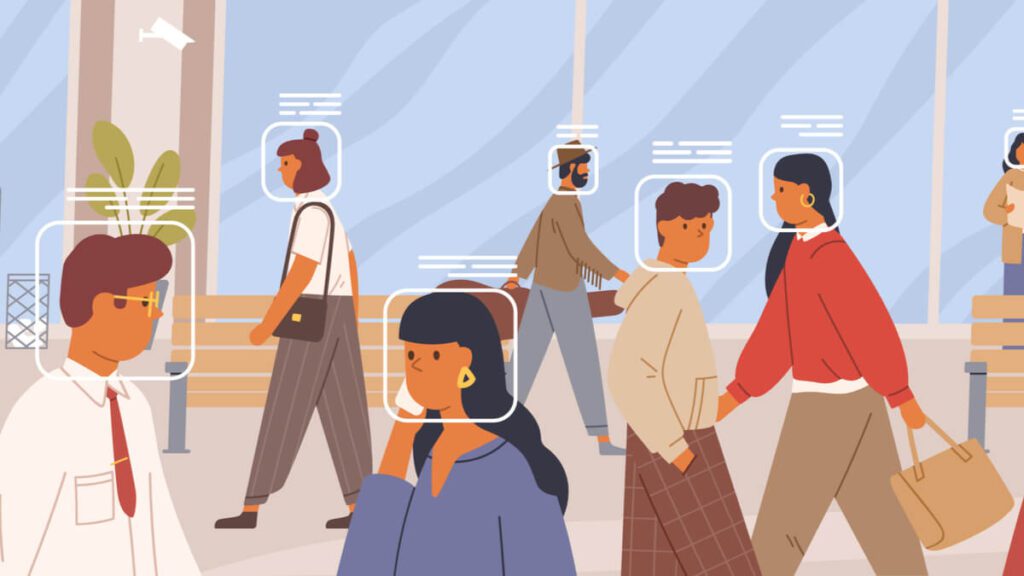
As the world goes full steam ahead toward a digital economy, both the private and public sectors are looking to bolster their online capabilities across the board, and especially through digital identity verification.
A new study from Juniper Research has found that spending on digital identity verification by businesses will reach $16.7 billion in 2026, from $9.4 billion in 2021.
Digital identity verification is where identity is checked using digitally verifiable elements, such as selfie scans, address checks and knowledge-based authentication. This 77 percent growth will be fueled by the rapidly growing need to digitally onboard users, which has accelerated during the pandemic.
Other forms of digital identity verifications have already manifested such as the EU’s “Digital COVID Certificate” which provides digital proof whether a person has been vaccinated against COVID-19, received a negative test result, or recovered from the virus.
According to the European Commission, member states are obliged to start issuing the first certificates within six weeks of 1 July, when the EU Digital COVID Certificate Regulation enters into application.
The member states include Austria, Belgium, Bulgaria, Croatia, Czechia, Denmark, Estonia, Germany, Greece, Latvia, Lithuania, Luxembourg, Poland, Portugal, Spain, and Italy have all issued and/or verified at least one certificate.
In parallel, the UK government is weighing the decision of developing its own vaccine passport for use during large events.
Tracking back to the research, it identified that, while the pandemic accelerated digital transformation, many industries had already been increasing digitization; reflecting shifting customer appetites and opportunities for operational efficiency.
Authors of the study recommended that seamless digital onboarding is the minimum requirement in the post-pandemic environment, with user expectations demanding processes that are both low friction and high security; necessitating AI use for ongoing, behavioral analytics.
The Big Spenders
The new research, Digital Identity Verification: Key Opportunities, Vendor Strategies & Market Forecasts 2021-2026, found that banking and financial services will account for almost 62 percent of digital identity verification spend by businesses by 2026.
This importance reflects how critical digital verification is in helping banks to meet severe regulatory requirements in a complex digital environment.
“Digital-only banks have shown that fully digital Know Your Customer can work and is very engaging for the user, therefore the pressure is on for traditional banks to deploy new identity verification services. Managing this transition quickly and getting the user convenience/security balance right will determine overall success,” research co-author Vladimir Surovkin explained.
Global identity verification checks to reach 92 Billion
The research also found that the global volume of identity verification checks will exceed 92 billion in 2026, from 45 billion in 2021.
“While banking & financial services are major drivers of this growth, the broadening of identity verification into areas including remote onboarding for mobile network operators or for digital gambling will create significant opportunities for vendors over the next five years,” the report highlighted.
This could also be used by the public sector as well, where the Scottish government announced late last week that it has partnered up with a Newcastle-based software company to develop a new digital identity verification which allows Scottish individuals to verify their identity before accessing government services such as benefits claims.
The move is part of Scotland’s Programme for Government and digital strategy and, according to the Scottish Gov’s website, will “benefit everyone seeking those services as well as the public sector as a whole.”